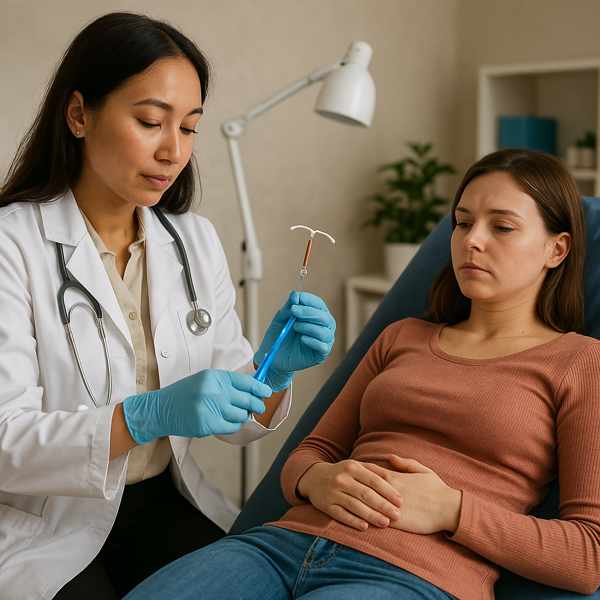Weight Loss After IUD Removal
Weight Loss After IUD Removal
Blog Article

Many women wonder whether removing an IUD (intrauterine device) will lead to weight loss.
Let’s dive into the connection between hormonal birth control and body weight, and what to expect after removal.
What Is an IUD and How Does It Work?
An IUD is a small, T-shaped device inserted into the uterus to prevent pregnancy.
Key facts:
- This can affect hormones throughout the body
- Copper IUDs do not contain hormones
- Both are long-acting and reversible
What the Research Says
Weight gain is a reported side effect for some IUD users, especially with hormonal types.
Possible factors include:
- Fluid retention
- Increased appetite
- Hormonal fluctuations may slow fat burning
- Birth control isn’t always the main cause
Is Weight Loss a Real Outcome?
For some women, this means:
- Body releases excess water
- No more hormone-triggered hunger spikes
- Especially if weight gain was IUD-related
- Which can support exercise and motivation
Not everyone loses weight, but if the IUD contributed to hormonal weight gain, you may notice the difference.
What You Can Do to Help Your Body Reset
To encourage healthy results:
- Support hormone balance and metabolism
- Mix cardio, strength, and flexibility training
- Flush out excess hormones and toxins
- Cortisol can prevent fat loss
- Sleep well
Be patient — your body may need a few weeks or months to fully adjust.
How Long Until You See Results?
Everyone’s body reacts differently, but here’s a general timeline:
- First few weeks: hormones start to balance out
- 1–3 months: potential weight stabilization
- 3–6 months: visible weight loss (if related)
Track your progress using measurements, energy levels, and how your clothes fit — not just the scale.
Should You Expect Weight Loss?
While some women lose here weight after IUD removal, it's not guaranteed for everyone.
Remember:
- The IUD may contribute to weight gain, but it’s not always the cause
- Healthy habits are essential no matter your birth control status
- Talk to your doctor if you’re concerned about hormones or weight changes
Conclusion
Pay attention to how your body feels and support it with proper nutrition, movement, and rest.
Whether your weight changes or not, regaining hormonal balance is a great step toward better overall health. Report this page